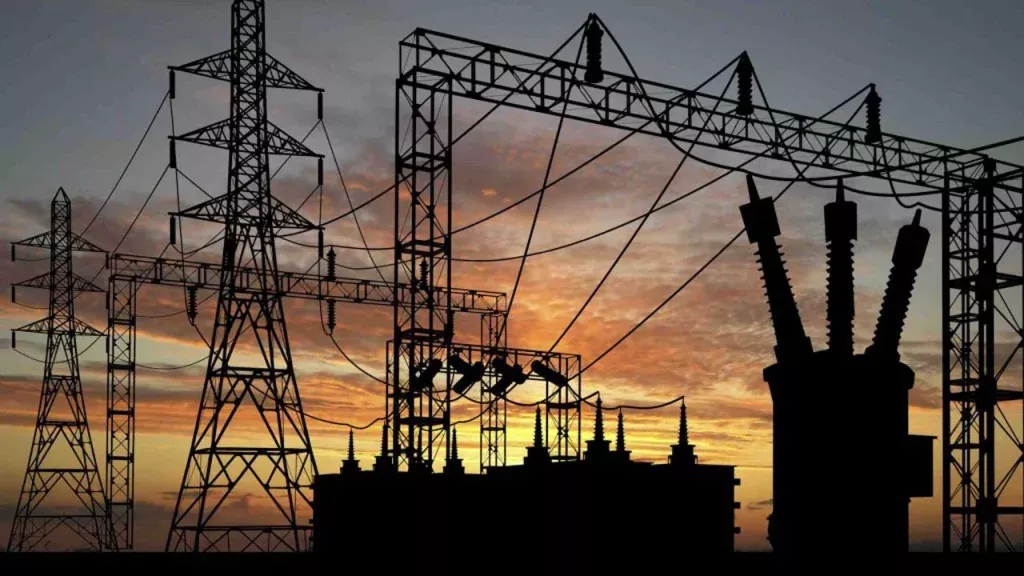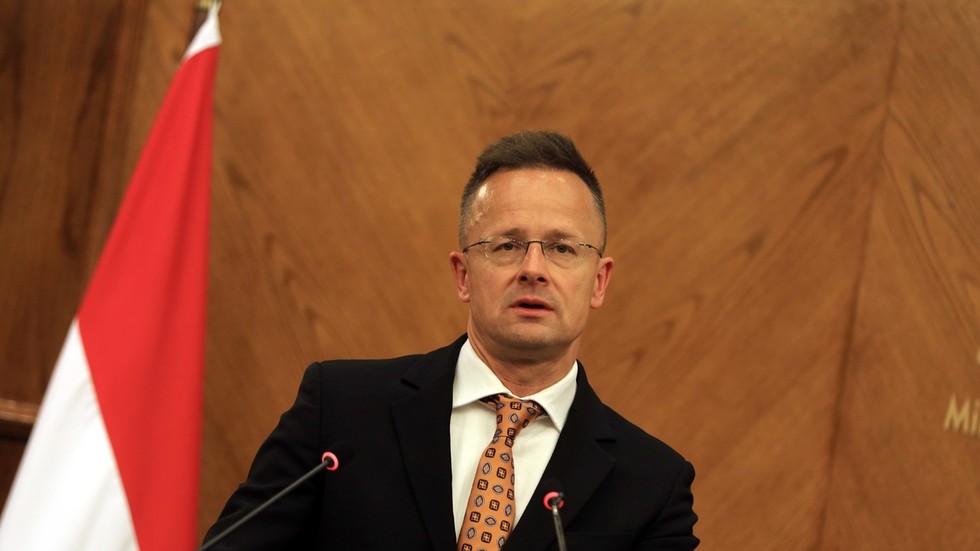Nigeria’s oil output has reached 1.7 million barrels per day, with plans to increase production to 2 million by 2027 and 3 million in the long term, according to the Nigerian National Petroleum Company (NNPC) Limited. This was announced by Group Chief Executive Officer, Engr. Bashir Ojulari, at the Abu Dhabi International Petroleum Exhibition and Conference (ADIPEC 2025) in the United Arab Emirates.
The increase in oil production is attributed to redefined relationships with international oil companies and independents, as well as the removal of legacy blockers and alignment on shared value. Ojulari emphasized the company’s commitment to working with its peers in the Organization of the Petroleum Exporting Countries, African National Oil Companies, and financial institutions to attract between $30-$60 billion in fresh investment by 2030.
New government incentives beyond the Petroleum Industry Act (PIA) are already attracting capital for deep-water exploration, dry gas development, and cost reduction. The NNPC Limited is also driving energy sufficiency in Africa, with a focus on growing production, monetizing gas, deepening partnerships, and delivering value to Nigerians and global partners.
Ojulari highlighted Nigeria’s vast oil, gas, and renewable energy potentials, stressing that the country is open for business and inviting global stakeholders to co-invest in Africa’s energy transformation. He echoed the call for “pragmatic, not performative” energy policies, emphasizing the need for $4 trillion in annual global energy investment.
The ADIPEC conference, with the theme “Energy. Intelligence. Impact,” brought together industry leaders to discuss the future of energy. Ojulari’s announcement reinforces Nigeria’s pivotal role in Africa’s energy landscape, with the NNPC Limited at the forefront of the drive for energy sufficiency on the continent. As the global energy landscape continues to evolve, Nigeria’s commitment to increasing oil production and attracting investment is a significant step towards meeting the world’s growing energy demands.



